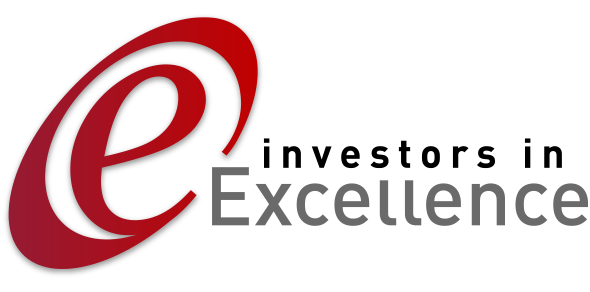Efficiency within an operation is what almost every organisation strives for. If you can offer more of the best products and services at the lowest cost, then you will be moving in the right direction. Be careful however not to confuse quality with quantity. Just because you are able to produce and deliver more than others, does not automatically mean that your quality is at the right level. Moreover, when you reach the right level, it has to be sustainable.
Whether you’re faced with the task of improving overall efficiency, or if you just want to see where you can improve in specific areas, the following tips will surely help. At IiE, we have experience of working with public, private, and voluntary sector organisations, and identifying how they can improve their efficiency and be excellent at the same time. The common thread that can be seen in all successful organisations is that the less obvious areas are just as important as others when dealing with efficiency. You can consider the following.
1. Make your Culture one of Open Communication
If you have an “open door policy,” you’re already pointed in the right direction. Think about taking it further. Ensure that all your people know about the policy when they join your organisation. With a culture of true open communication, productivity will improve as a result of a more positive office and workforce morale. Support collaboration, and feedback between departments, management, and staff. This stimulates the stream of ideas, resulting in a more productive team overall.
2. Exploit Smart-Tech in your Work
Smartphones, tablets, and other devices are an effective step toward enhancing productivity. Assess your people and what they do, and how it can be made easier. For example you could look to provide sales staff with smart devices to help them keep in touch while out on sales calls. Tablets give the power to create and modify presentations on the go, and there are many free apps available that are designed to improve productivity by helping to streamline tasks. Ask your finance department how much could be saved on printing costs as a result.
3. Encourage Feedback
Your people have opinions and ideas. Encourage your organisation to embrace feedback, both positive and negative by creating an outlet for it. You may choose to do this through an initiative centered around human resources, offering a one-stop-shop for work-related issues and updates. This facility can involve virtual as well as physical meetings, and may be extended to specific discussion times within the weekly working cycle.
4. Use Good Technology
If your people in the field are equipped with smart technology, then ensure that their efficiency and advantage is built upon in the support offices and environment. Remove key hardware and software systems that are causing blockages in your process efficiency. Identify and utilise the most affordable solution that is fit for purpose for meeting your organisational needs.
5. Embrace Ergonomic Standards
This is not just a case of having the most comfortable chairs to sit on and work from. Look at all your systems and processes to establish their effectiveness and efficiency. Educate your people into doing things in the most efficient ways. Consider holding a session to discuss the current standards. Find a small budget to end up saving larger costs in the future. Resource tools and equipment that gets the best from your people.
6. Align Operational Support Efforts
Technology today can allow one area of effort to bring benefits in multiple departments of organisations. Approach the structure and resourcing of your organisational support functions in a flexible manner, and replicate positive returns for no extra costs.
7. Review People Processes
Poll your people to gauge their overall efficiency. Use team leaders to assess how each team handles individual tasks. You are then free to meet and compare notes, and discuss whether there is a faster, more efficient way of doing things. This will be greatly enhanced by the open communication approaches mentioned earlier. It works; more collaboration means more work gets done, and as an added bonus, there is a greater sense of ownership from the people involved.
8. Set Smart Goals
Having done all the investigation, be sensible and set some realistic goals. Do not destroy all the hard work you have done to that point by asking for an undeliverable action. Agree the targets with your people being part of the process.
Tackling efficiency improvement can be daunting. Don’t be intimidated, rather consider this a chance to make your organisation one that anyone would want to work for, and make it more efficient at the same time. Find out more here about how we can help you

